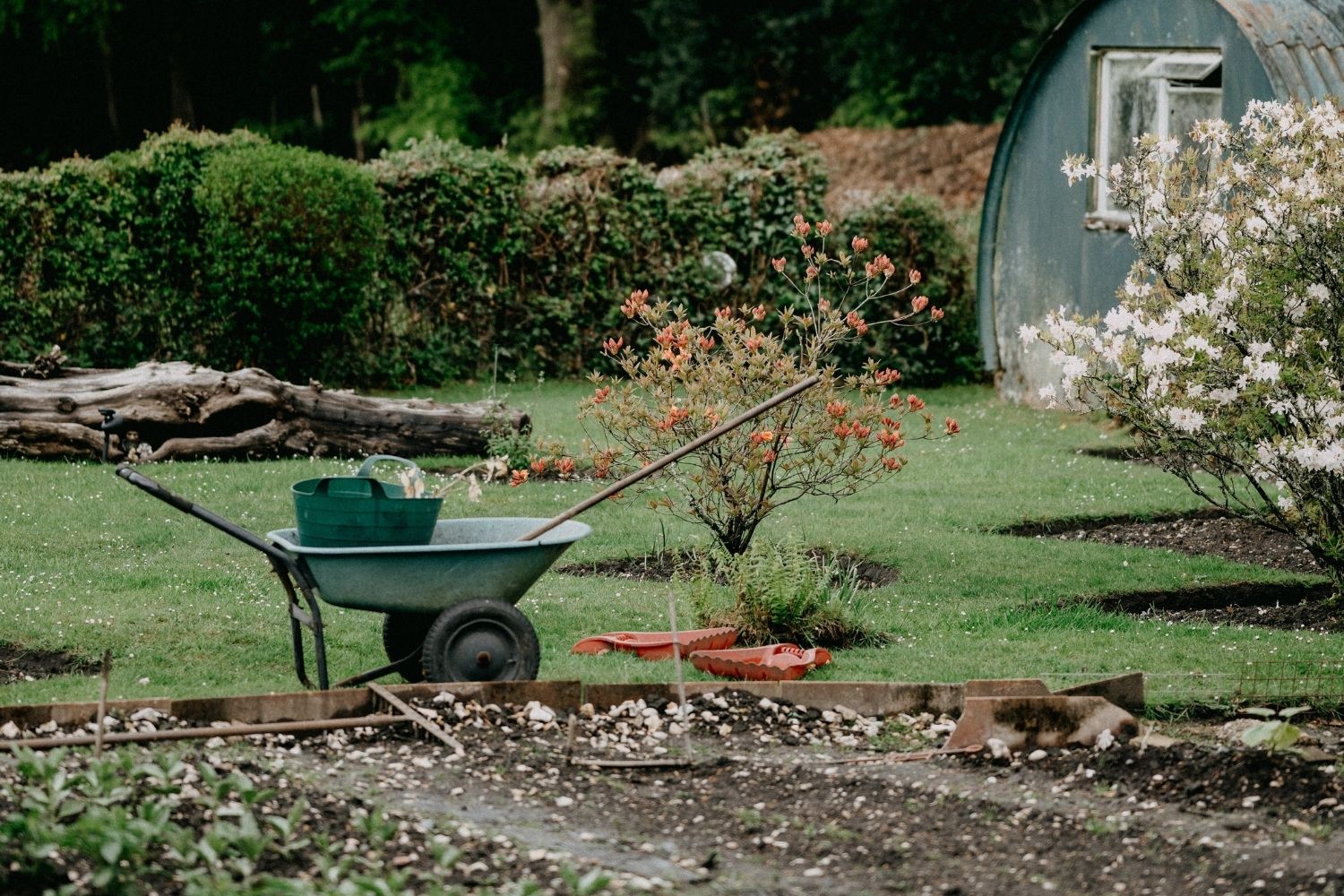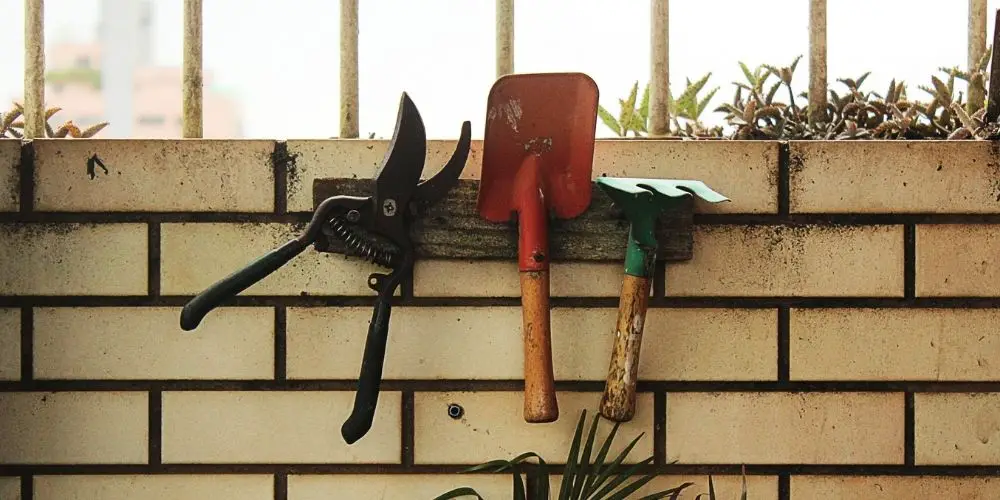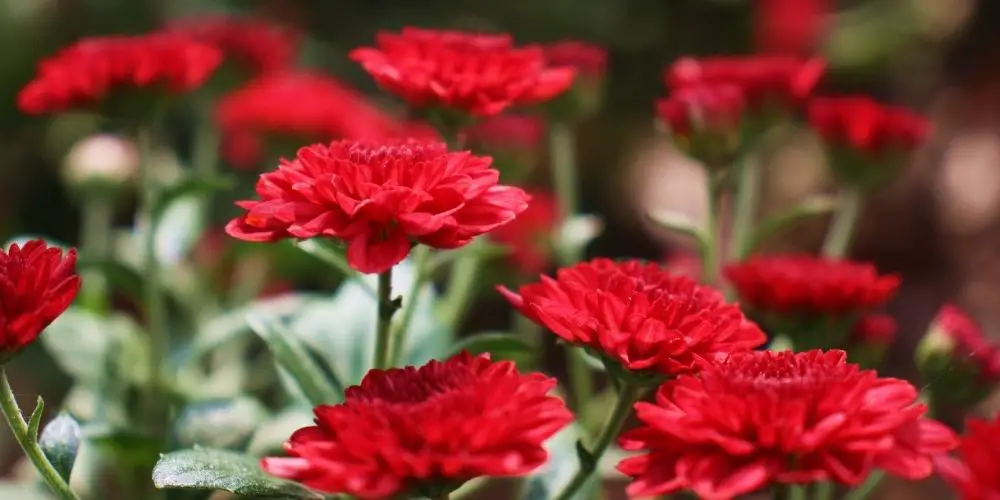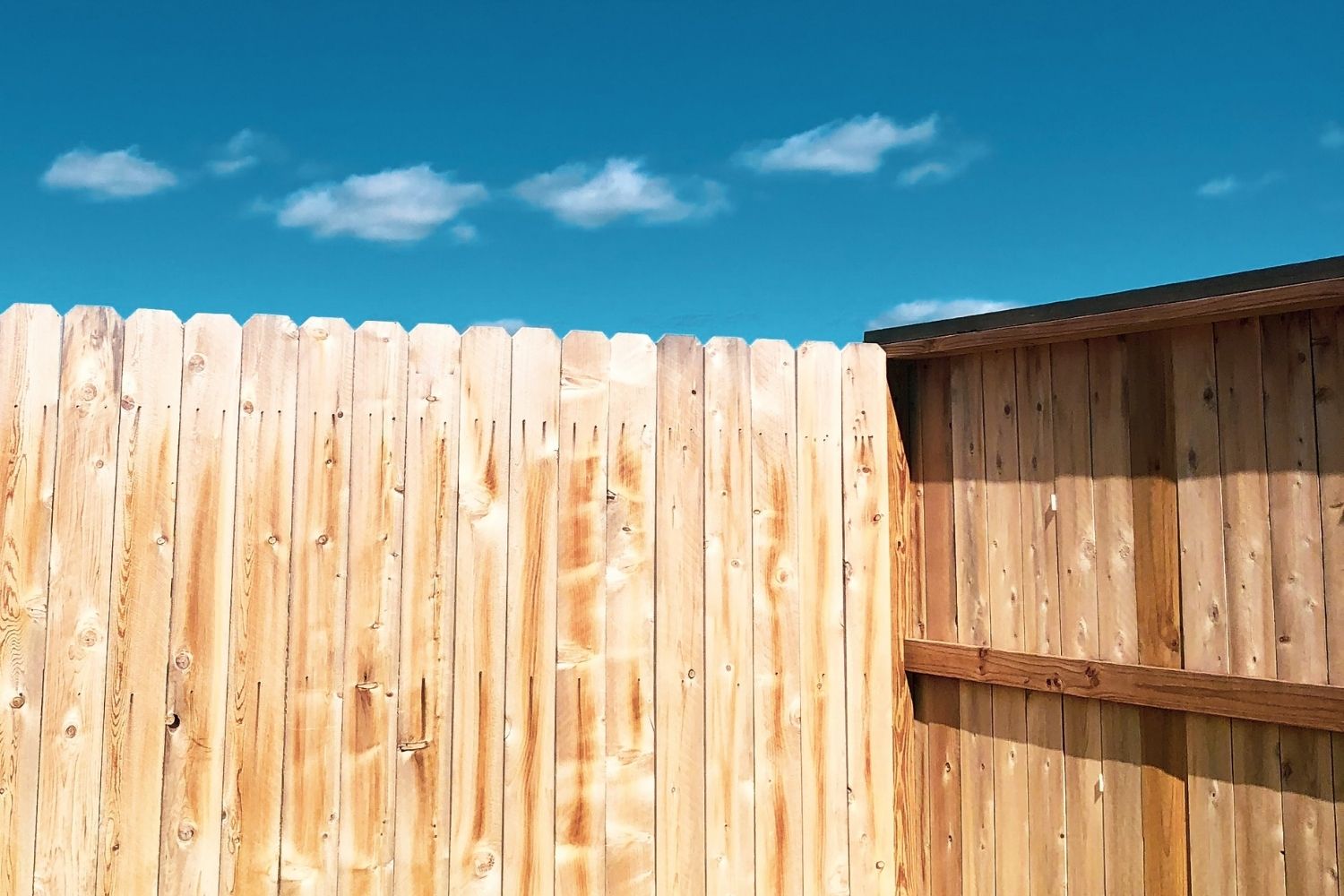A new gardening tool is like a new fly to a fisherman; you’re always looking for the next one to accomplish the job larger and better. On the horizon, you still don’t have a new tool: the transplantation of trowels, rakes, spades, digging forks, or hand cultivator claws.
The correct garden tools for a good purpose can reduce the difficulty and make gardening more enjoyable. Although the gardener does not have to own all the tools and gadgets on the market, some are important. It is also crucial to keep them in good shape. Specific tools made expressly to cut, like cutting shears, can be dangerous if their cutting edges can be dull. However, the risk to the plants is greater than that of the gardener. An excellent shear will not make a clean cut but will crush and harm the stem of a plant.
1. Shovels and Spades
Spades and shovels exist in many sizes, and the gardener should choose the one with which they feel comfortable. The better ones have blades composed of stainless steel. They dig readily into the ground, are rust-proof, and are easy to keep. They are pricey, but over the years, a well-maintained spade can be passed. In that respect, this applies to almost all gardening tools.
The spade or shovel is the essential garden tool since it digs holes and trenches and plants trees.
2. Rakes
For clearing an area, garden rakes are utilized. Rakes for the fallen leaves have spring tines that are stiffer and shorter than typical ones. Rakes allow the gardener to make the soil sufficiently acceptable to sow seeds. They also maintain gravel roads and septic sites clean. Like pads, rakes are available in several sizes.
3. Hoes
A pleasing, robust Dutch hoe is essential if weeds can be eliminated between herbs and vegetables. The hoe is also suitable for drilling seeds by pulling them along a line between pins.
4. Forks and Trowels Hand Forks
These are small vital tools for weeding and planting by hand. The best are constructed of stainless steel, like shovels and pads. They can therefore be left out in the garden and will not rust.
5. Pruners
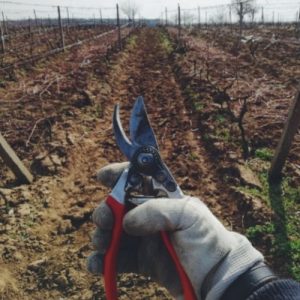
The tasks of cutting roses for a flower arrangement, to lopping the big branches of trees are many. Whatever kind of glass a gardener buys should be the best.
6. A Rolling Barrow
A barrel should be durable, robust, and light enough to be handled quickly. The wheels should be covered with rubber, and the pathways should be broad enough to accommodate it among plant plots.
7. Take Saws
Gardeners may want a collection of these instruments. You can begin with a bow saw with a narrow blade of steel that is insufficient to generate friction. They could also get a saw with a bent blade that works closely and a smaller pliable saw.
8. Pegs
A gardener does not tend to think about these simple instruments until they are needed. Pegs can tighten a shrub or leaning tree and allow the gardener to precisely set out a plot or seed drill. The good ones are constructed of resin acrylic. Wooden pegs decay over time and can hardly be driven into hard soil.
- 5 Plants to plant with Tomatoes, and 4 not to
- Here’s How to Prepare Soil and Compost For Roses
- What is the Difference Between Heirloom and Organic Seeds?
Why Choose Professional Tools for Garden?
Each tool is built for a distinct purpose, and yet several workstations can be handled. Buy less inferior tools and concentrate on a few expert gardening tools that are cheap and can be utilized for many different applications.
When you are out and search for new gardening tools, quality is null and void. A good piece of the tool will save you money and frustration for years to come. When the sun’s blistering rays do not damage them, warped by too much rain, or splitting because they are manufactured with low wood, the purchase of the best products pays off.
Always opt for European garden instruments that are well-designed and made to endure forever. If you want high-quality professional tools, you have to pay close attention to the manufacturing and building materials. Buyers take caution when looking at an ad at low costs, which usually means they are made of cheap, unwanted materials, and you get what you’ve paid for.
Shop for rakes, hoes, or pads with high-quality wooden handles, like ash. Lower handles may feature wood knots and are usually constructed of softwood. The handles can be painted to disguise poor manufacturing quality. Tools suited for hard work should not be made of aluminum, yet it is suitable for small, lightweight instruments.
Most specialists operate with steel handles; they cost more but outweigh wood handles. Solid-core fiberglass handles are sturdy and lightweight, making them great for choice, but they cost you more like steel.
Lower-grade goods are frequently manufactured with “stamped steel” and should be avoided. The best quality handles are connected to the head with a lengthy metal collar and pins. The purchase of quality professional gardening tools costs a little more but saves you from repeatedly replacing inexpensive tools.

